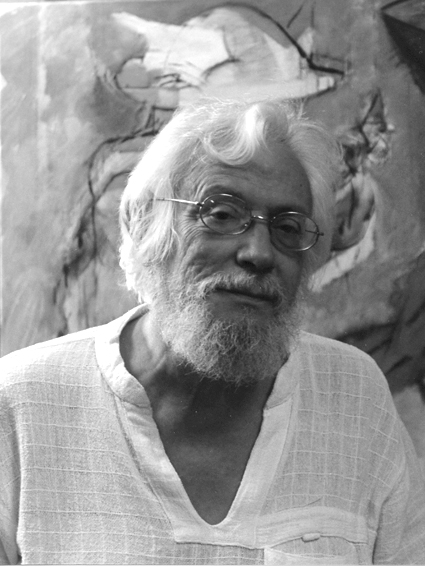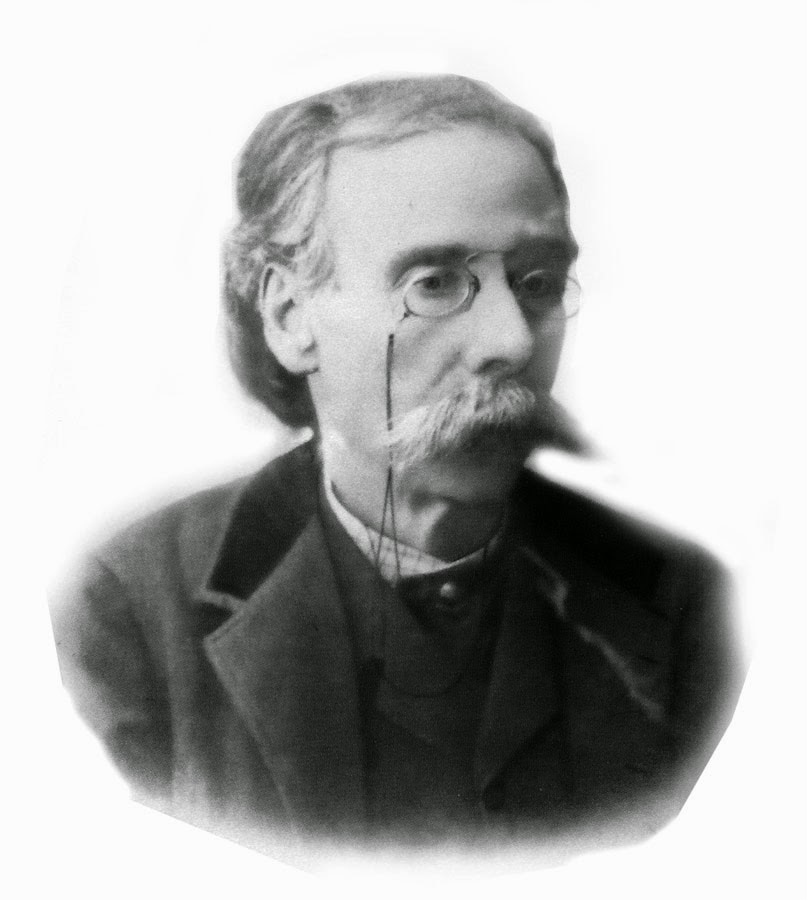Executive One Bedroom Apartment
2 Apartments of 80 m2, located on the 1st and 2nd floors, for four people, with a living room,
with a living room, dining area and fully equipped kitchen
Apartment Júlio Pomar
(105)
Apartments
Wi-Fi
Guests:
4 Adults
TV
Who was Júlio Pomar

Júlio Artur da Silva Pomar (Lisbon, January 10, 1926 - Lisbon, May 22, 2018) was a Portuguese artist / painter. He belonged to the 3rd generation of Portuguese modernist painters, being the author of a multifaceted work, centered on painting, drawing, ceramics and printmaking, with important developments in the tridimensional fields (sculptures; assemblage) or writing. The first years of his career are linked to the resistance against the Estado Novo regime and to the affirmation of the neo-realist movement in Portugal. Júlio Pomar is consensually considered to be the most prominent of the national neorealists.
In Júlio Pomar the sequential diversity of the work is managed through a process of gradual metamorphosis in which "each stage recovers the previous one and announces the next one. Characterized by a type of figuration that crosses surrealism and the legacy of abstract expressionism, painting de Pomar over the past four decades has been approaching a wide variety of thematic universes, from self-referential reflection to eroticism, from portrait to literary allusions and mythological matter. And from a formal point of view we find an identical wealth of means and solutions. " Júlio Pomar builds successive chains of formal and semantic relationships between different materials, processes and techniques ".
Major exhibitions held in recent decades (Calouste Gulbenkian Foundation; Serralves Museum of Contemporary Art; Sintra Museum of Modern Art - Berardo Collection; museums in São Paulo, Rio de Janeiro, Brasília; etc.) enshrined his work, which stands out as one of the most significant expressions of contemporary Portuguese artistic creation.
Júlio Pomar (1926-2018)
Apartment Camilo Castelo Branco
(205)
Apartments
Wi-Fi
Guests:
4 Adults
TV
Who was Camilo Castelo Branco

Camilo Castelo Branco (Lisbon, 1825 - S. Miguel de Seide, 1890), was a Portuguese writer, novelist, chronicler, critic, playwright, historian, poet and translator. He was also granted the title of Visconde by King D. Luís. He is one of the most prominent and prolific writers in Portuguese literature, especially from the 19th century.
He spent his childhood in Vila Real (Trás-os-Montes), after the death of his parents. As a young man he attended Porto society, dedicating himself to journalism, and had a romantically agitated life, from several love affairs and imprisonment. He debuted in letters in 1845 and in 1851 he published his first novel, Anátema.
Between 1862 and 1863, Camilo published eleven novels and novels, reaching a notoriety hardly comparable. He was considered the creator of the Portuguese passionate novel. Amor de Perdição is his most important novel, adapted several times to the cinema. He became the first professional writer in Portugal, endowed with a prodigious ability to efabulate from the observation of society, with a penchant for intrigue and passionate analysis.
Almost all of his fictional work is part of the romantic current, being considered the exponent of romanticism in Portugal. Titles like Amor de Perdição, A Queda de um Anjo and Eusébio Macário, are central works in the history of national literature.
In 1889, Camilo Castelo Branco receives, when he becomes a national celebrity as a writer, a tribute from the Lisbon Academy. The following year, blind and unable to write, he committed suicide with a revolver.
Camilo Castelo Branco (1825-1890)

